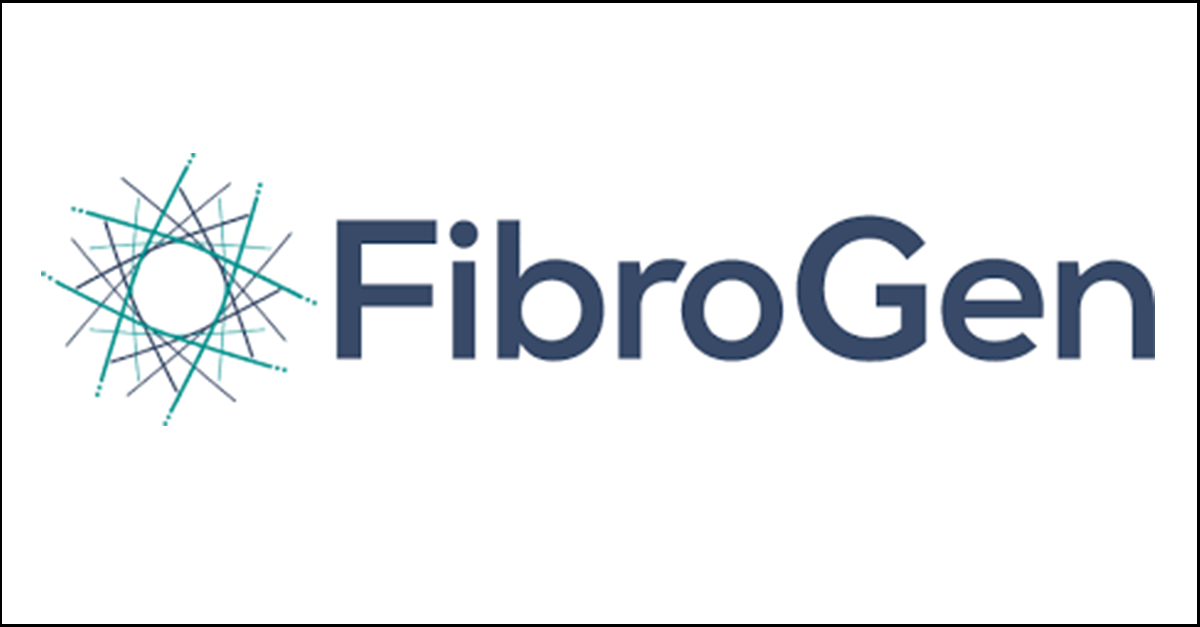
FibroGen announced that FDA has granted Orphan Drug Designation for the company’s anti-CTGF antibody, pamrevlumab, for the treatment of people with Duchenne. According to their press release, all 21 non-ambulatory Duchenne patients in their ongoing Phase 2 study with pamrevlumab have completed the first 52 weeks of treatment. They are now evaluating a number of clinical parameters in this study, including lung function, cardiac function, and upper extremity muscle function, and tissue fibrosis. We are excited for this news and look forward to learning more at this year’s PPMD Annual Conference.
Read the Announcement from FibroGen
FibroGen Receives Orphan Drug Designation from the U.S. FDA For Pamrevlumab for the Treatment of Duchenne Muscular Dystrophy
SAN FRANCISCO, April 15, 2019 (GLOBE NEWSWIRE) — FibroGen, Inc. (NASDAQ: FGEN), a leading biopharmaceutical company discovering and developing a pipeline of first-in-class therapeutics, today announced that the U.S. Food and Drug Administration (FDA) has granted Orphan Drug Designation for the company’s anti-CTGF antibody, pamrevlumab, for the treatment of patients with Duchenne muscular dystrophy (DMD).
“We are pleased to have received Orphan Drug Designation from the FDA for pamrevlumab in the treatment of DMD. There is high unmet medical need for patients suffering from this debilitating disease needing a new treatment option,” said Elias Kouchakji, M.D., Senior Vice President, Clinical Development and Drug Safety. “All 21 non-ambulatory DMD patients in our ongoing phase 2 study with pamrevlumab have completed the first 52 weeks of treatment. We are evaluating a number of clinical parameters in this study, including lung function, cardiac function, and upper extremity muscle function, and tissue fibrosis. We look forward to the continued development of this investigational therapeutic.”
Duchenne muscular dystrophy is a rare and debilitating neuromuscular disease that affects between approximately 1 in every 3,500 to 5,000 newborn boys. About 20,000 children are diagnosed with DMD globally each year. Progression to non-ambulatory status typically occurs between the ages of 6 and 13 years. Once becoming non-ambulatory, joint contractures and scoliosis develop rapidly, and may lead to cardiomyopathy and respiratory failure with fatality in young adulthood. While most DMD drugs in development target ambulatory DMD patients, the majority of DMD patients are non-ambulatory. Pamrevlumab’s clinical program currently targets the unmet medical need in these patients.
About Orphan Drug Designation
Orphan Drug Designation program provides orphan status to drugs and biologics which are defined as those intended for the safe and effective treatment, diagnosis or prevention of rare diseases/disorders that affect fewer than 200,000 people in the U.S., or that affect more than 200,000 persons but are not expected to recover the costs of developing and marketing a treatment drug. This designation qualifies the sponsor for various development incentives of the Orphan Drug Act, including tax credits for qualified clinical testing, to advance the evaluation and development of products that demonstrate promise for the diagnosis and treatment of rare diseases or conditions. Orphan Drug Designation can also convey up to seven years of marketing exclusivity if the compound receives regulatory approval from the FDA.About Pamrevlumab
Pamrevlumab is a first-in-class antibody developed by FibroGen to inhibit the activity of connective tissue growth factor (CTGF), a common factor in fibrotic and proliferative disorders characterized by persistent and excessive scarring that can lead to organ dysfunction and failure. Pamrevlumab is advancing towards Phase 3 clinical development for the treatment of idiopathic pulmonary fibrosis (IPF) and pancreatic cancer. Pamrevlumab has been granted Orphan Drug Designation in IPF, pancreatic cancer, and Duchenne muscular dystrophy (DMD). Pamrevlumab has also received Fast Track designation from the U.S. Food and Drug Administration for the treatment of patients with IPF and for patients with locally advanced unresectable pancreatic cancer, and is currently in a Phase 2 trial for DMD. Across all trials, pamrevlumab has consistently demonstrated a good safety and tolerability profile to date. For information about pamrevlumab studies currently recruiting patients, please visit www.clinicaltrials.gov.



 by: Parent Project Muscular Dystrophy
by: Parent Project Muscular Dystrophy

